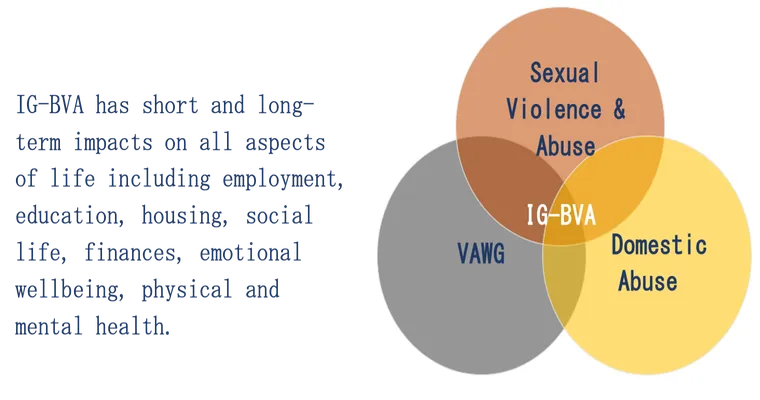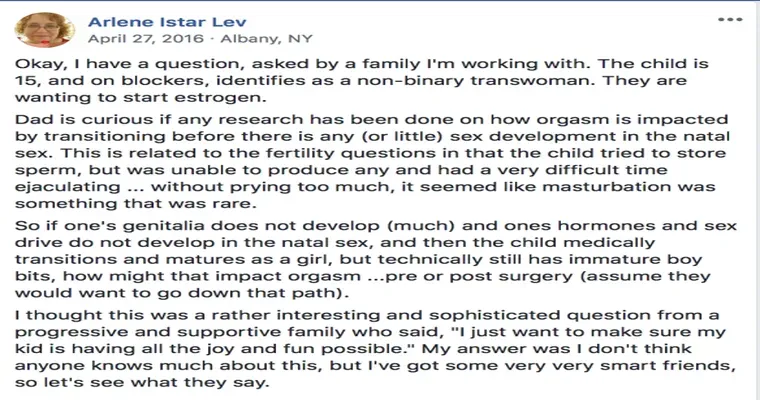Growing up as a victim of "sexual abuse" by a parent can leave deep emotional scars that last a lifetime. When that parent, in this case, your father, begins to suffer from "dementia", it can create a complicated emotional landscape. You may find yourself grappling with a mix of feelings, including anger, confusion, and a sense of responsibility for their care. Navigating these complex emotions is essential for your healing and well-being.
Understanding Your Feelings
First and foremost, it is crucial to acknowledge and validate your feelings. Experiencing "sexual abuse" is traumatic, and the aftermath can be a lifelong journey of healing. When your abuser develops "dementia", it can evoke conflicting emotions. You may feel empathy for their condition, yet anger and resentment can surface, especially if you are reminded of the pain they caused you. Understanding that it is normal to feel a mix of compassion and rage can help you process these emotions.
Seeking Professional Help
Engaging with a mental health professional can be a vital step in your healing journey. A therapist who specializes in trauma and "abuse recovery" can provide you with the tools to navigate your feelings effectively. They can help you separate your father's current condition from your past experiences, allowing you to find a healthier perspective. Therapy can also assist you in developing coping mechanisms to manage any guilt you may feel about your emotions toward your father.
Setting Boundaries
If you find yourself in a position where you must care for your father, establishing clear boundaries is essential. Caregiving can be challenging, especially when the caregiver has a history of trauma related to the individual receiving care. Define what you are comfortable with in terms of interactions, and communicate these boundaries to other family members involved in the caregiving process. Remember, it is okay to prioritize your own mental health and well-being.
Exploring Support Groups
Connecting with others who have experienced similar situations can be incredibly beneficial. Support groups for survivors of "sexual abuse" can offer a safe space to share your feelings and experiences. These groups can provide valuable insights on coping strategies and emotional support, allowing you to feel less isolated in your journey.
Practicing Self-Care
Taking care of yourself is paramount during this time. Engage in activities that promote your mental and physical well-being, such as exercise, meditation, or hobbies you enjoy. Self-care can help you manage stress and maintain a sense of normalcy in your life. Prioritize your needs and allow yourself to take breaks when necessary.
Finding Closure
As your father’s "dementia" progresses, you may find it challenging to seek closure on your past experiences. It is essential to recognize that healing is a personal journey and may not always involve reconciliation or forgiveness. Finding closure may mean accepting that your father cannot change what he did in the past and focusing on your journey forward.
Conclusion
Being a victim of "sexual abuse" by a parent is a harrowing experience, and facing the complexities of their "dementia" can amplify those challenges. By seeking professional help, setting boundaries, exploring support groups, practicing self-care, and striving for closure, you can navigate this difficult time. Remember, your healing is a priority, and it is okay to seek help as you work through these complex emotions. You are not alone, and there are resources and communities ready to support you on your journey toward recovery.





